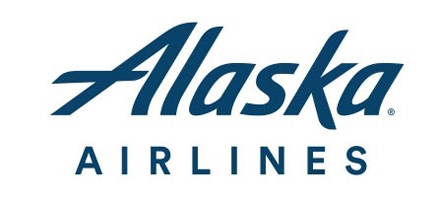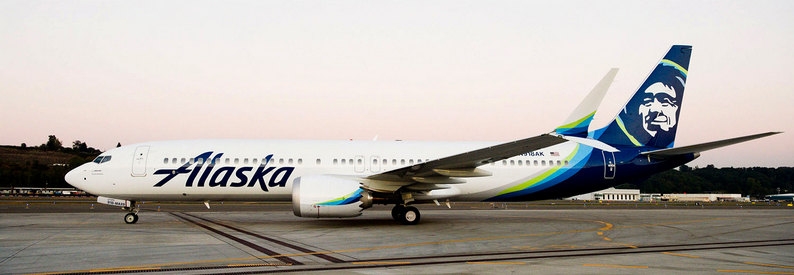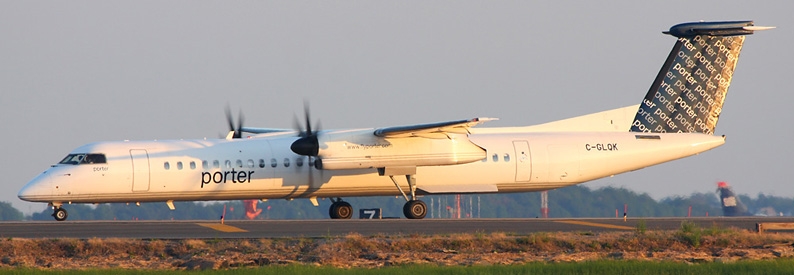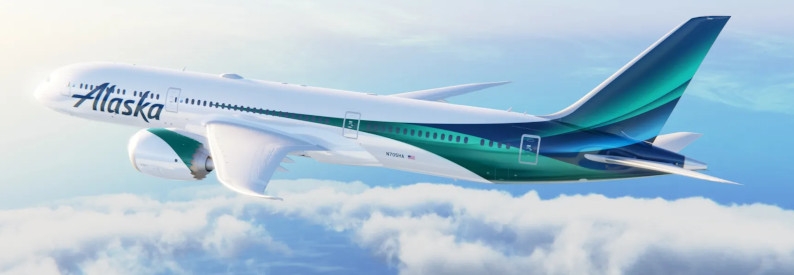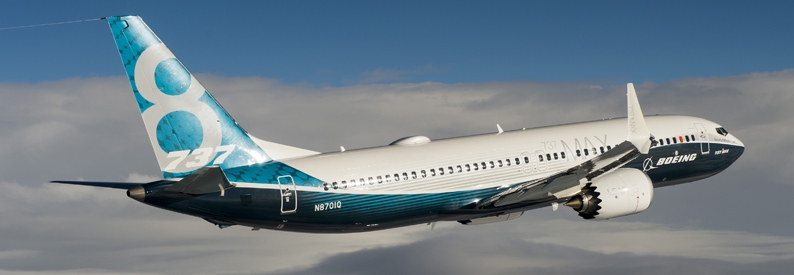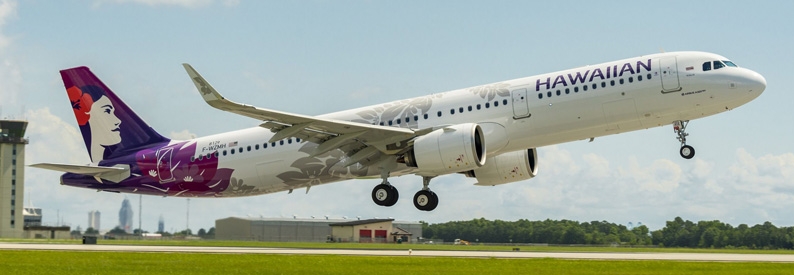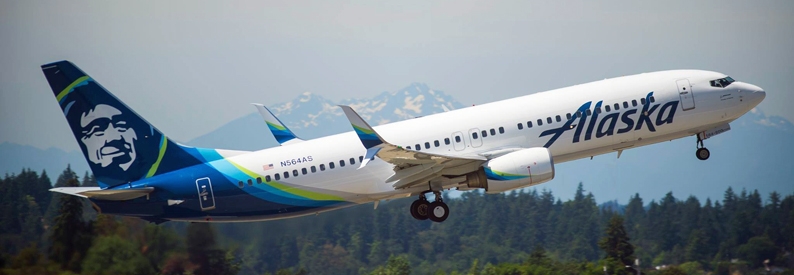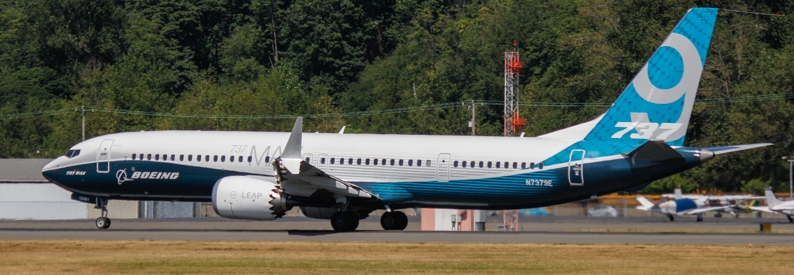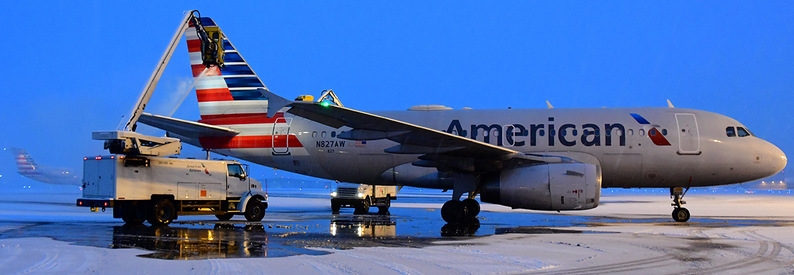Alaska Airlines (AS, Seattle Tacoma International) has asked the Hawaiian District Court to dismiss a consumer challenge against its proposed USD1.9 billion merger with Hawaiian Airlines (HA, Honolulu), arguing that most of the eight plaintiffs are serial litigants who have unsuccessfully challenged nearly every airline merger in recent US history.
The airline argues that the plaintiffs claim to be airline passengers but have no connection to Alaska Airlines or Hawaiian Airlines and have recycled "the same boilerplate allegations they have directed at other airline mergers".
On April 15, the eight filed a lawsuit to stop the Alaska/Hawaiian merger under Section 7 of the Clayton Act. They are Warren Yoshimoto, Kristin Barroga, Sean Kettley, Carolyn Fjord, Don Freeland, Don Fry, Bill Rubinsohn, and Clyde D Stensrud.
The airline said they were no strangers to litigation: "Plaintiffs Fjord, Freeland, Fry, Rubinsohn, and Stensrud challenged the United Airlines/Continental Airlines, Southwest Airlines/AirTran Airways, and American Airlines/US Airways mergers and four of those plaintiffs challenged JetBlue Airways/Spirit Airlines. None of those lawsuits succeeded."
"Judging from their litigation history, several of these plaintiffs appear to object to mergers of any kind. They are entitled to that objection - but it does not mean they have an antitrust case against Alaska. This court is not a forum for airing generalised grievances, nor is the Clayton Act an instrument for implementing plaintiffs' preferred industrial policy," the airline charged.
In particular, Alaska Airlines has asked Judge Derrick K Watson to dismiss the case for the following three reasons, alleging the plaintiffs had failed:
- to establish any antitrust standing or concrete impending harm resulting from the merger, that there is no indication that they have flown or plan to fly with either airline, and that their argument about harm to the general public lacks legal standing under the Clayton Act (US antitrust legislation);
- to define a plausible relevant market that the merger would negatively affect. The airline argued they had not presented factual allegations and ignored case law when they claimed the merger would impact flights between Hawai'i and the US mainland, inter-island flights within Hawai'i, and flights between Hawai'i and the Asia/Pacific region;
- to demonstrate any anticompetitive effects in the proposed markets. Alaska Airlines does not operate any of the disputed inter-island and Asia/Pacific markets, so the merger would not impact competition in these areas.
According to Alaska Airlines, only 3% of its routes would overlap with Hawaiian Airlines. The merged carrier's 1,300-plus daily departures would serve 138 destinations, nearly tripling departures from Hawai'i.
The US Department of Justice (JOJ) must decide on the proposed merger by August 5.
On December 2, 2023, the airlines' parent companies - Alaska Air Group and Hawaiian Holdings - agreed to merge in a deal that would see the Alaska Air Group assume USD900 million of Hawaiian's debt. The merged entity plans to operate both airlines under their respective brands while integrating their operating platforms.
- Type
- Base
- Aircraft
- Destinations
- Routes
- Daily Flights
